Despite the fact that every single person who lives long enough inevitably ages and matures, nowadays, there seems to be a somewhat desperate and unhealthy stigma surrounding old age. Which, on the one hand, can be given many explanations, but on the other hand, only serves as a limiting framing of human life. Candace Leslie Cima’s video with 7.4M views on TikTok, where she is answering comments about her sleeveless shirt style choices with “I am 75, actually,” is one of the many ways this woman is setting a good example of a mature and brave approach to maturity and its potential.
More info: TikTok
This woman often gets comments like “You are 60, you shouldn’t wear that,” to which she answers: “I am actually 75”

Image credits: lifeinmy70s
The woman started her blog at the age of 72, now she is 76 and she keeps sharing her fashion ideas
Candace’s video, sharing a comment on her style that says “you’re 60, you shouldn’t wear that,” got 7.4 million views on TikTok. In the video, Candace is wearing elegant clothes including a sleeveless shirt. The woman’s answer to the comment is: “I am actually 75.” Candace has a whole article on her blog devoted to this sleeveless shirt style element, which is called Woman’s Right to Bare Arms. She explains that she wears a lot of sleeveless tops, and there is always someone who writes to her that women over 60 should not bare their arms.
She reminds her readers that in the 1800s, it was unacceptable for a woman to show her ankles in public, in the 1920s and 1930s, going without a hat was considered very bad taste, while 1940s and 1950s women were often expected to wear gloves. The list goes on. And it only shows that the right to choose one’s outfit without public shaming or even legal measures taken against your outfit shouldn’t be taken for granted.
The woman says it is important to emphasize that it is perfectly normal to have some loose skin on the upper arm, just as it is normal to have wrinkles on your face as you age. “So… you have some loose skin on your arms or some veins on your legs or age spots on your hand… Why is that a bad thing?” She makes a point, saying that it is we who decide whether it is a bad thing and whether we are ashamed of our natural aging process and let others make us feel less than we are.
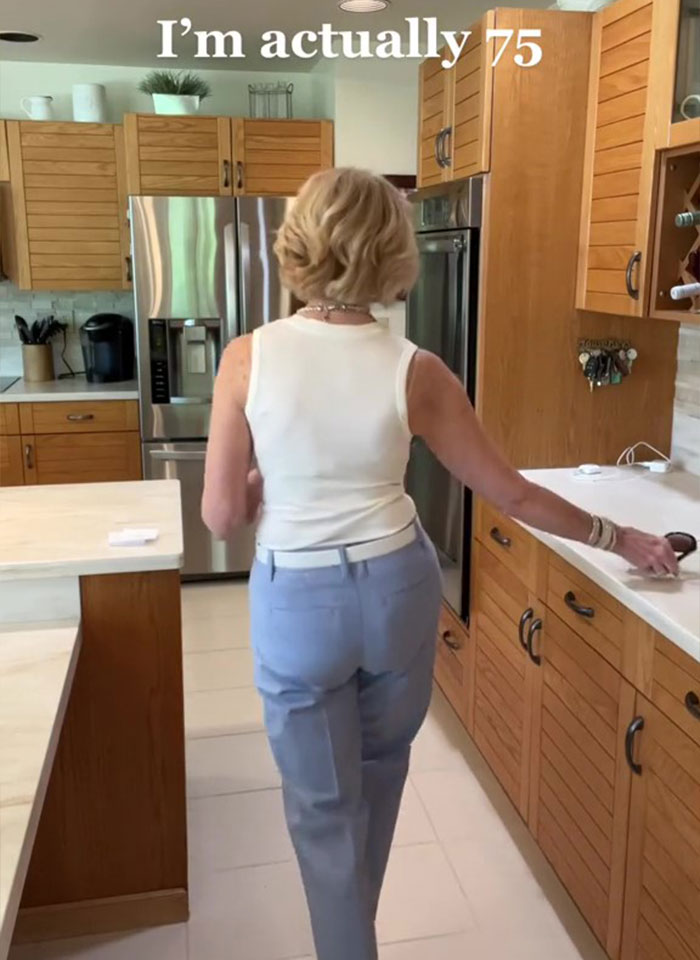
Image credits: lifeinmy70s
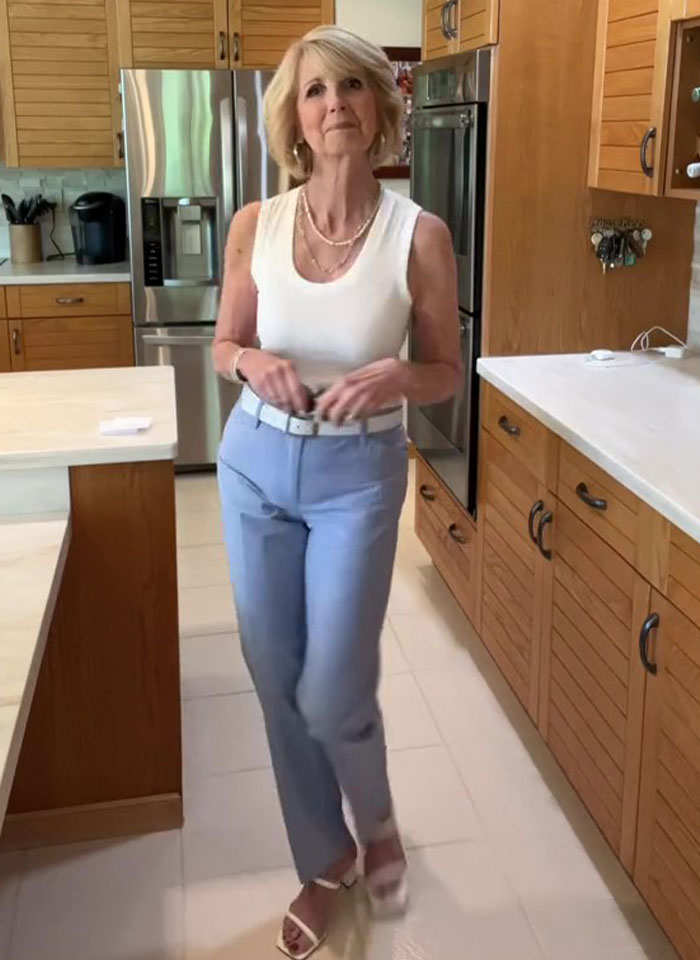
Image credits: lifeinmy70s
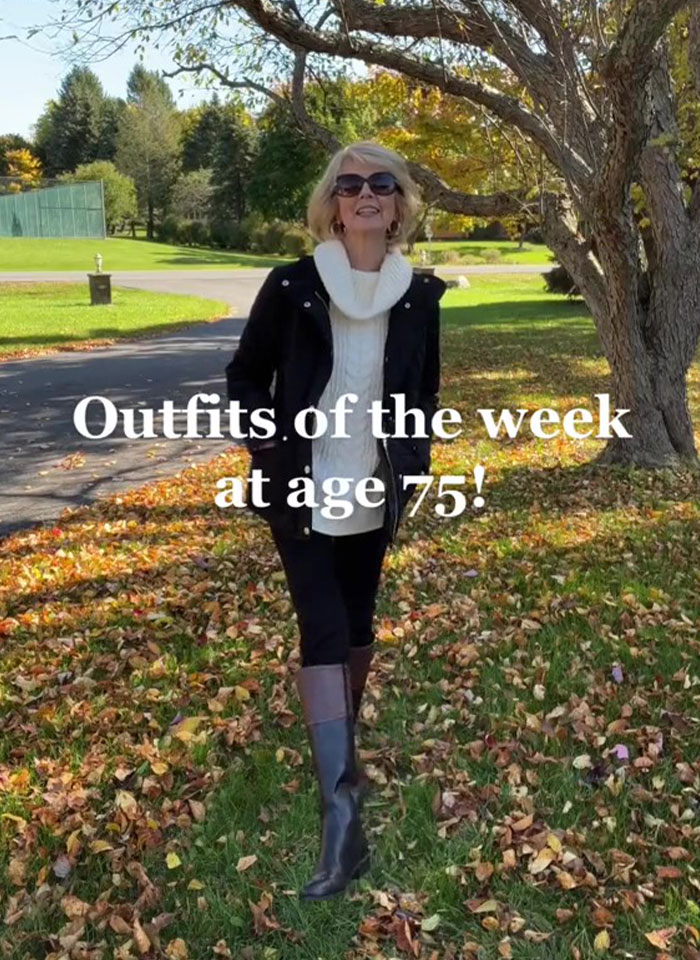
Image credits: lifeinmy70s
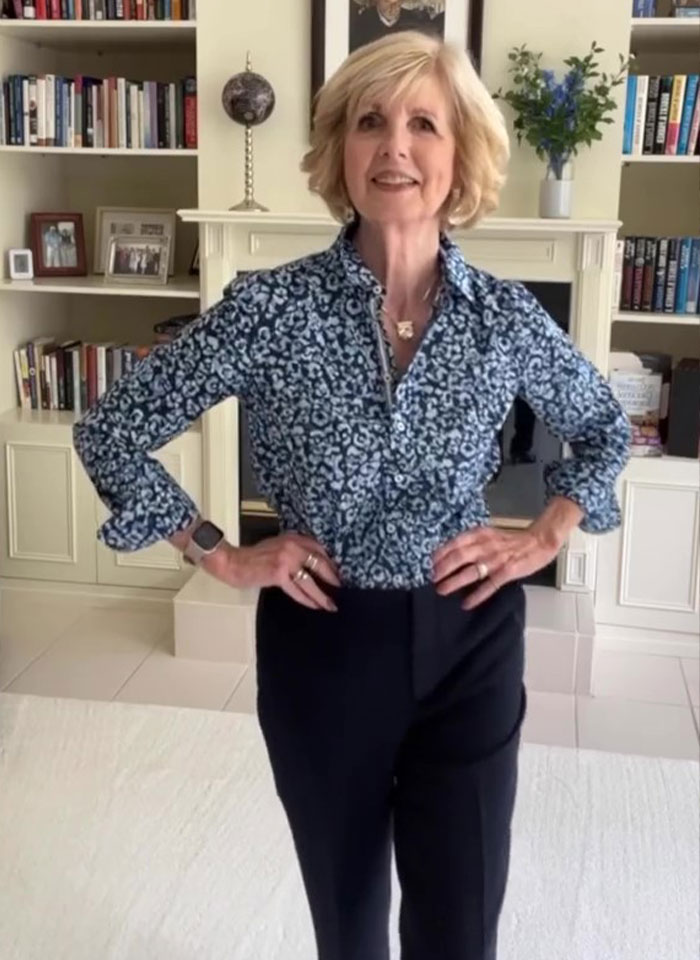
Image credits: lifeinmy70s

Image credits: lifeinmy70s
Candace Leslie Cima is one of the ambassadors of a mature and, as she herself puts it, brave approach to maturity. The woman shares on her blog that when she was growing up, her mom and dad had a saying framed on the wall, which went as follows: “Getting old isn’t for sissies.” She says as she was young, it was just a joke they laughed about. However, now, at the age of 75, she has come to know the true meaning of that phrase. The topic of aging is not trivial as someone might think it to be. “There are so many intricacies of aging with so many layers to peel back and examine,” she says. Somewhere during the various changes, people experience different emotions, including those that some things dear to them have been stolen from them. According to the woman, this is where the work with one’s attitude begins. Because the approach that one chooses to take to these changes and emotions that come with it shapes that person’s life.
Identifying the source of fear and stigmatization surrounding the phenomenon of aging, two factors can be mentioned, among others. These include changes of various sorts and coming closer to—so far inevitable—death. When it comes to the latter, even though now closer, the end of some sort was always part of the deal, that’s why it’s only logical to come to terms with it. When it comes to various changes, in appearance, in the brain, in one’s family roles, etc., one might agree that a change is always scary for it requires one to adapt to new circumstances. However, refusing to acknowledge it is just the worst technique possible. As change on some level is inevitable for someone who is alive on this Earth, basically, one might say, change is a crucial part of being alive on Earth. The biggest mistake here is thinking that a change should be bad and that changing equals getting worse.
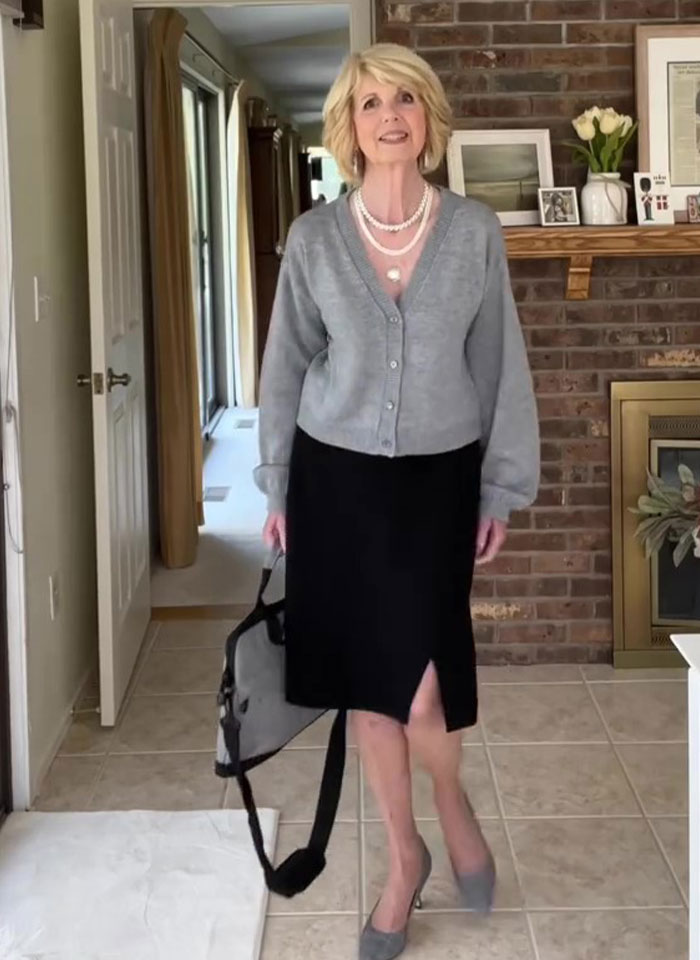
Image credits: lifeinmy70s
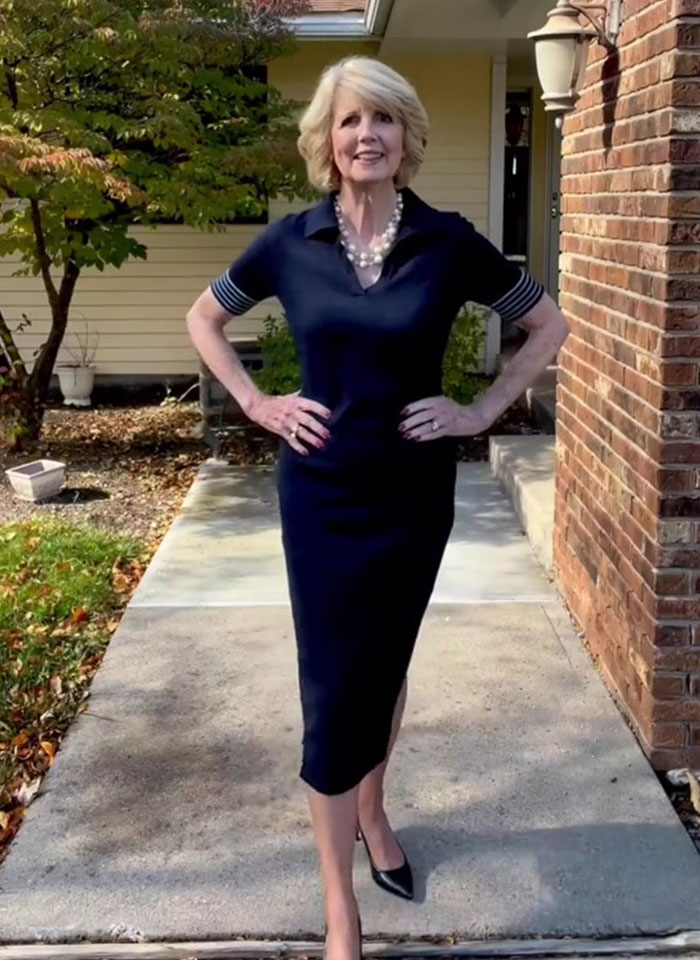
Image credits: lifeinmy70s
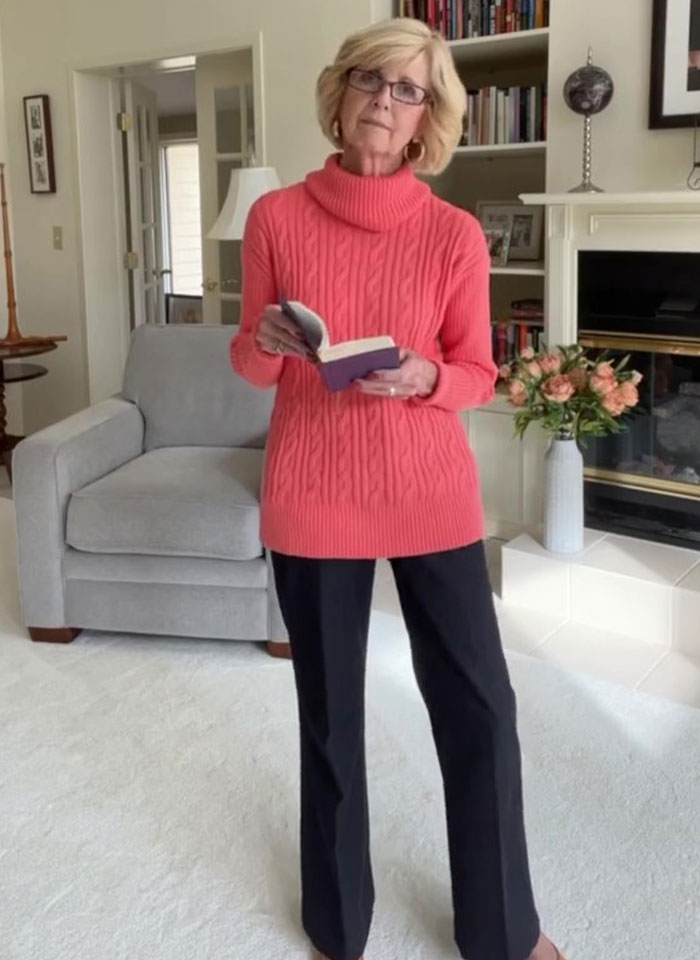
Image credits: lifeinmy70s

Image credits: lifeinmy70s
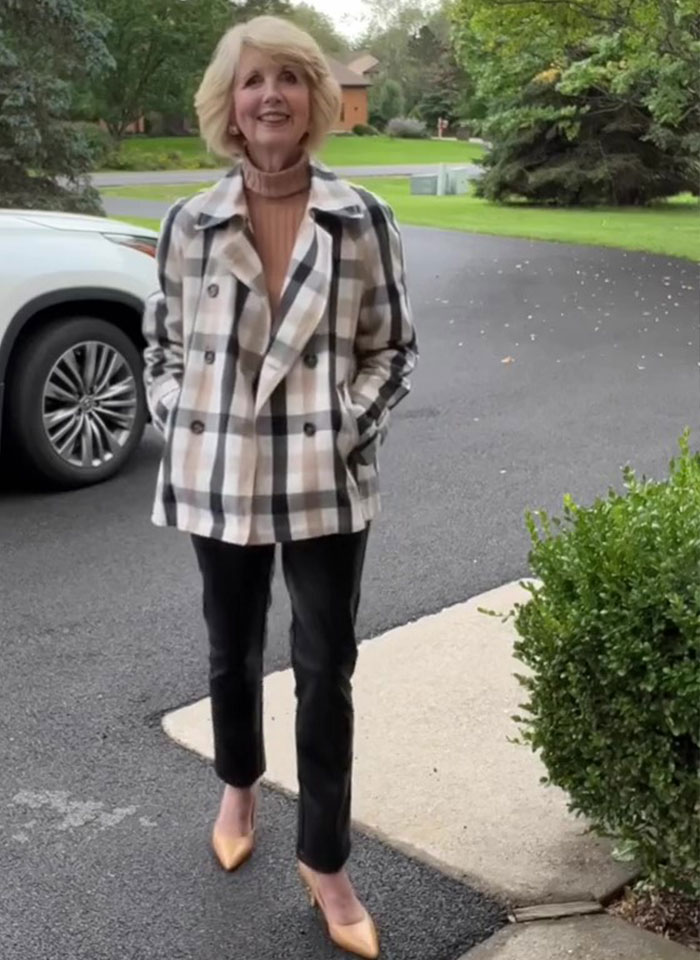
Image credits: lifeinmy70s
One good step to be taken toward fighting the youth cult in Western countries is analyzing the myths that surround aging, and changing our behavior from that which reproduces those myths to a kind that actually embraces maturity, its advantages, and its potential. Candace Cima shares her view: “I don’t want to hang onto years that have passed. I am excited to see what is to come! I am still learning new things about myself.”
Oliver Burkeman brings up a criticism raised by Susan Neiman in her book “Why Grow Up? Subversive Thoughts For an Infantile Age”. Even though, at the moment, there is a huge societal emphasis on youthfulness, this wasn’t always the case. It is our culture that has redefined growing up as nothing but a question of decline. We are “ceaselessly pressing upon 16-to-26-year-olds the message that these are the best years of their lives,” which has to do with the evolutionary arguments. However, as noted by Neiman, a person’s goal is not “to maximize reproduction, whatever may be said of one’s genes.”
One of the many arguments showing the other side of maturity is mature people’s shown ability to do better and faster at “seeing the bigger picture”. Additionally, contrary to common belief, people are shown to not be happier in their twenties: most people, at that age, “are on the downward slope of the ‘happiness U-bend’, with higher satisfaction to come.” Among other things, this has to do with mature people’s ability for better emotional regulation and overall more positive approach to the world, based on a study by M. Mather and L. Carstensen. Burkeman notes that Neiman discusses growing up as taking critically those youthful ideals that do not take reality into consideration, while at the same time not giving into the cynicism.
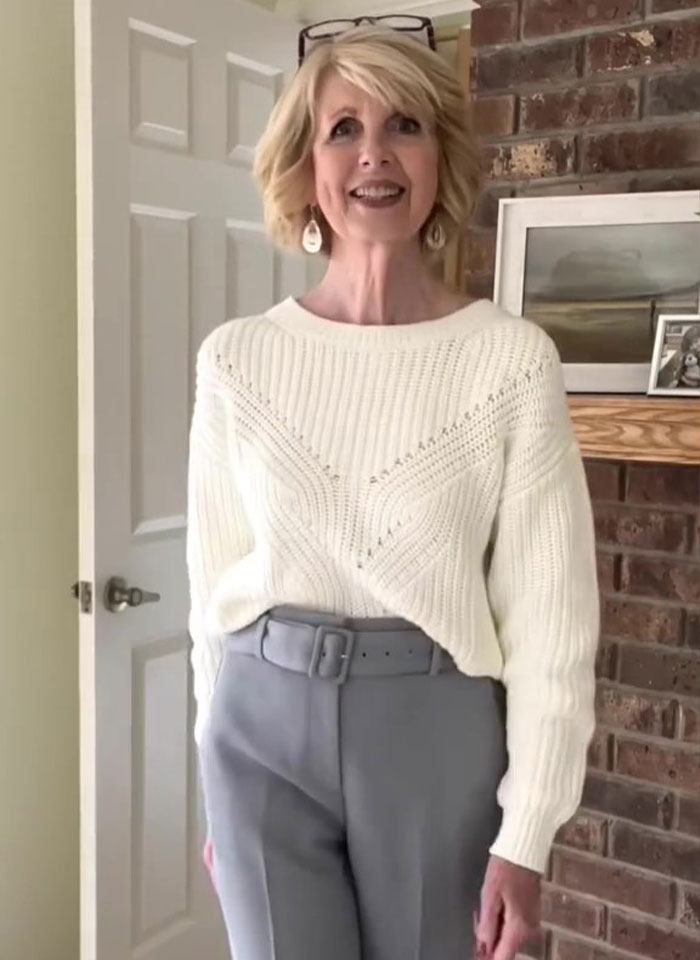
Image credits: lifeinmy70s
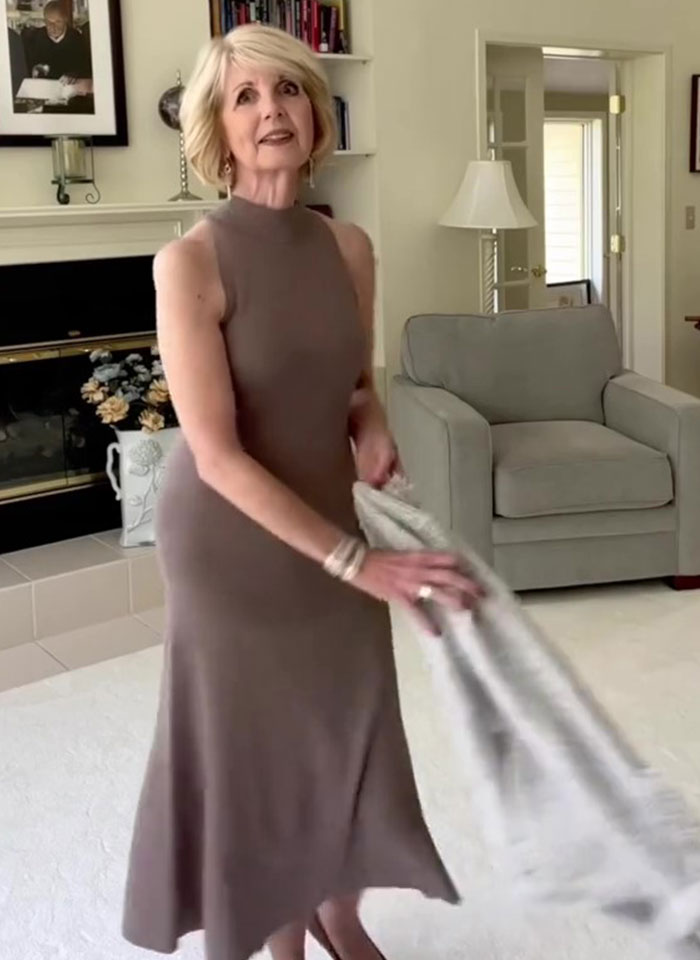
Image credits: lifeinmy70s

Image credits: lifeinmy70s
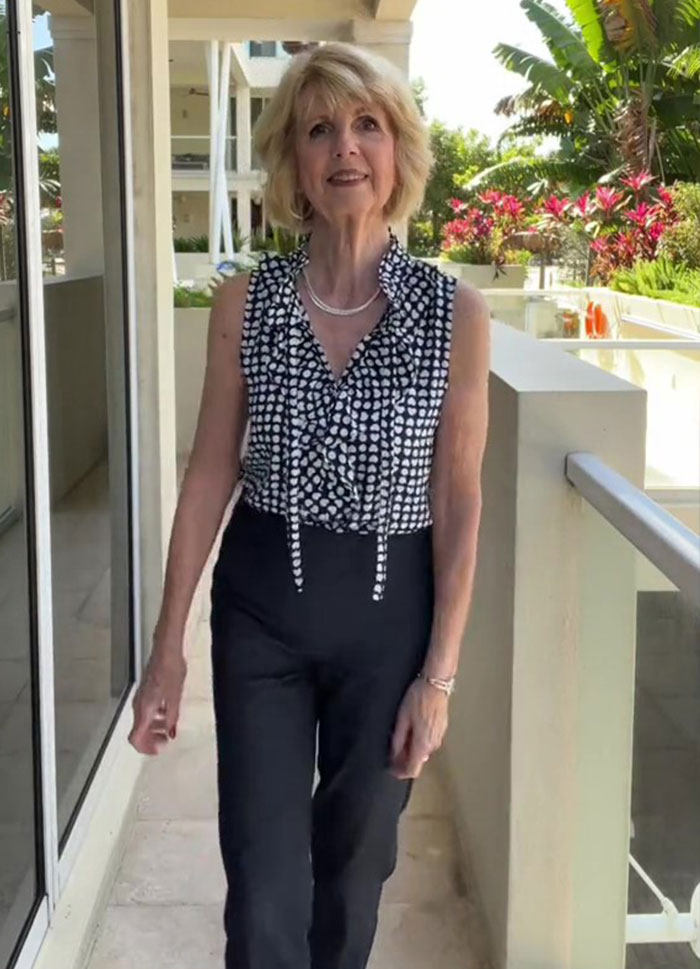
Image credits: lifeinmy70s
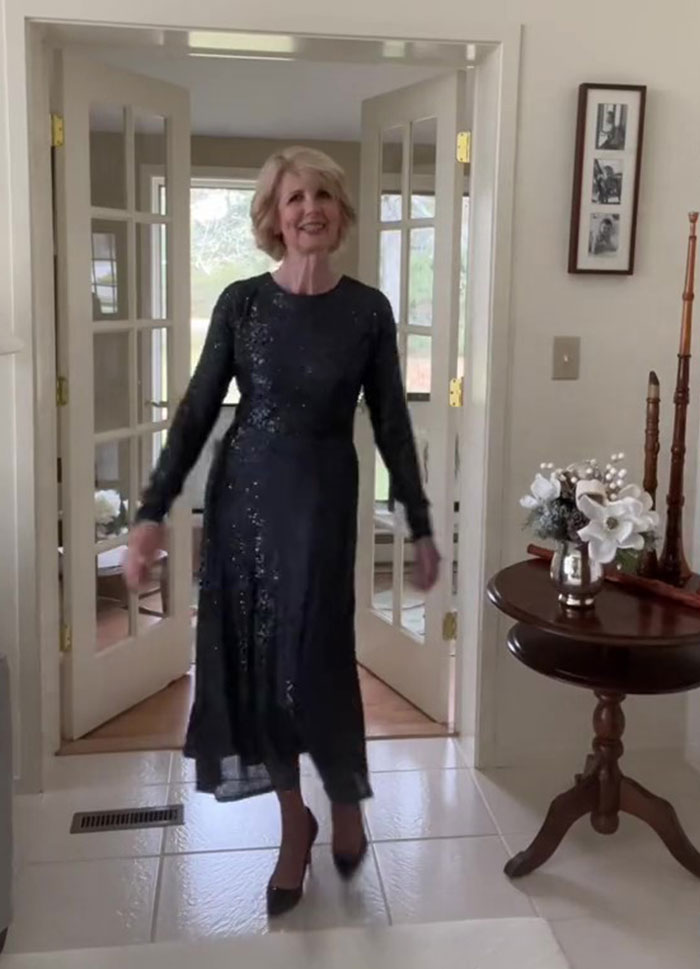
Image credits: lifeinmy70s
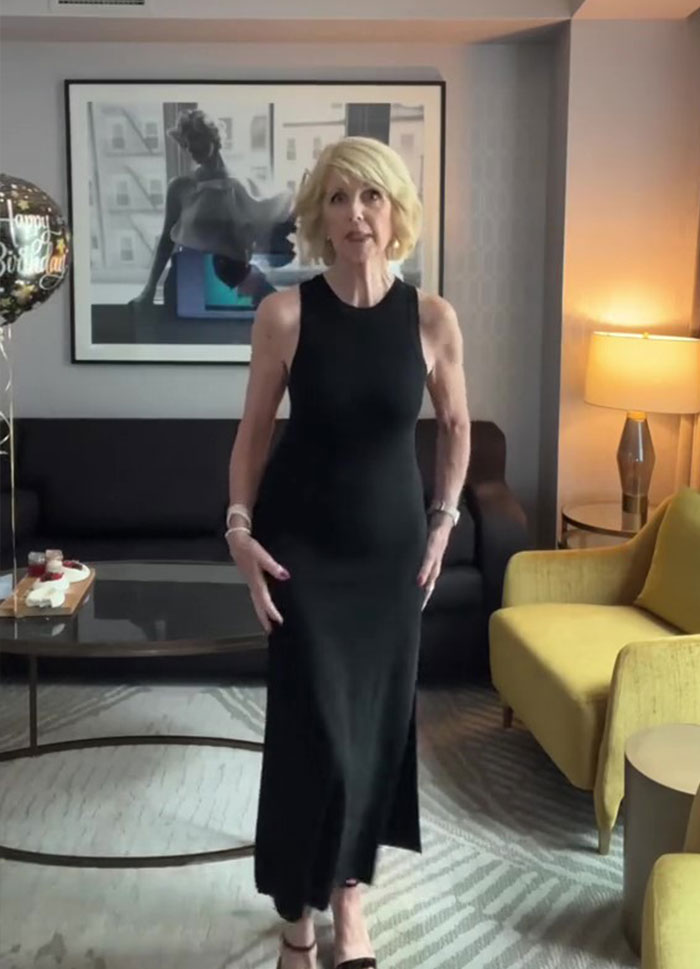
Image credits: lifeinmy70s
You can watch the video here:
@lifeinmy70s Fashion is for everyone! Reinventing yourself as you age isn’t changing who you are, it just means finding things that work with who you are now. #aginggracefully #aging #aginggracefullyover50 ♬ original sound – :(
The woman’s video got 7.4M views on TikTok, and the commenters are fascinated with her style, calling it fabulous.






The post “You’re 60, You Shouldn’t Wear That”: 76 Y.O. Woman Claps Back At Her Critics And Her Response Is Inspiring first appeared on Bored Panda.
















